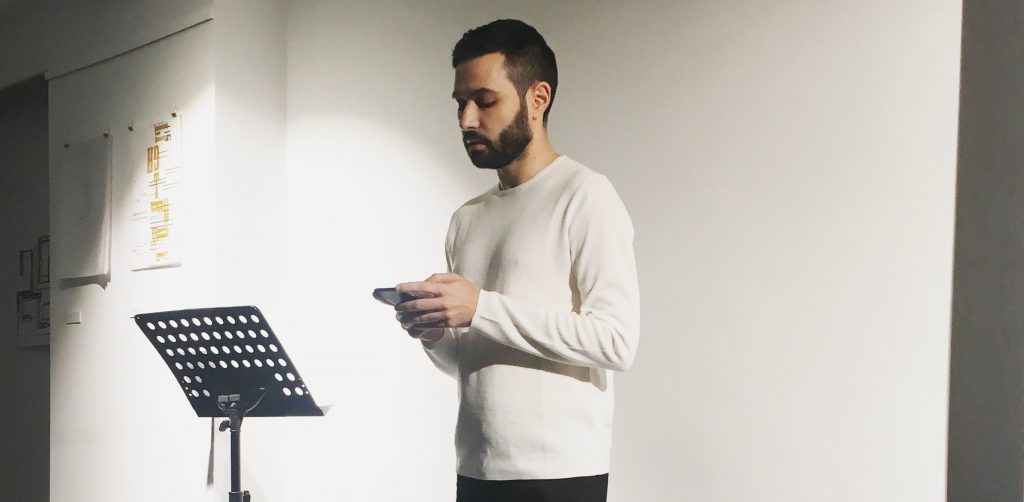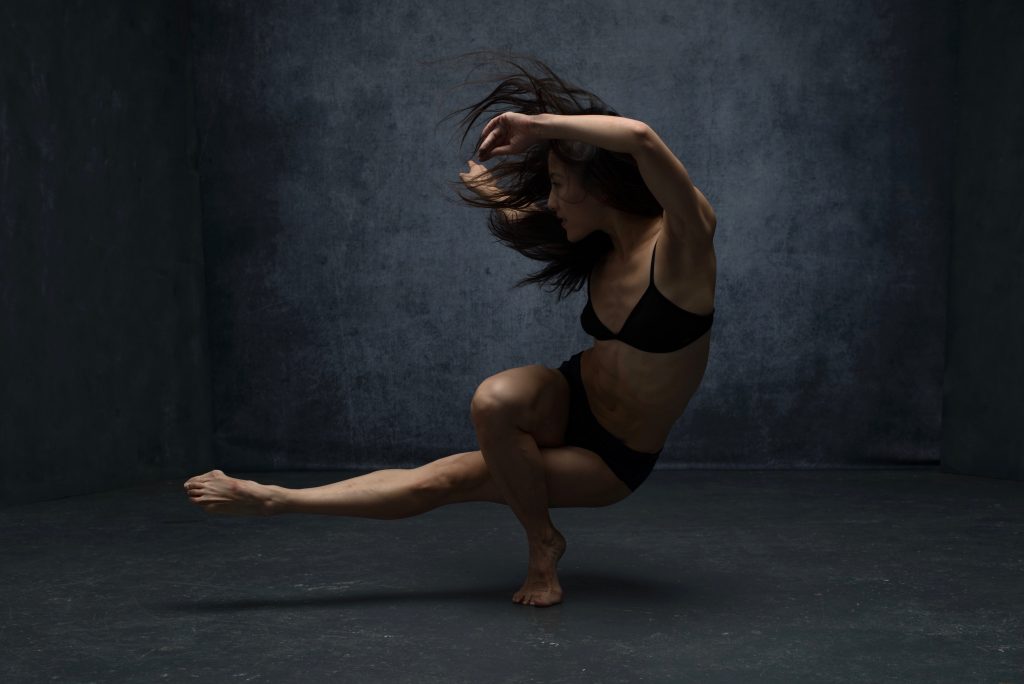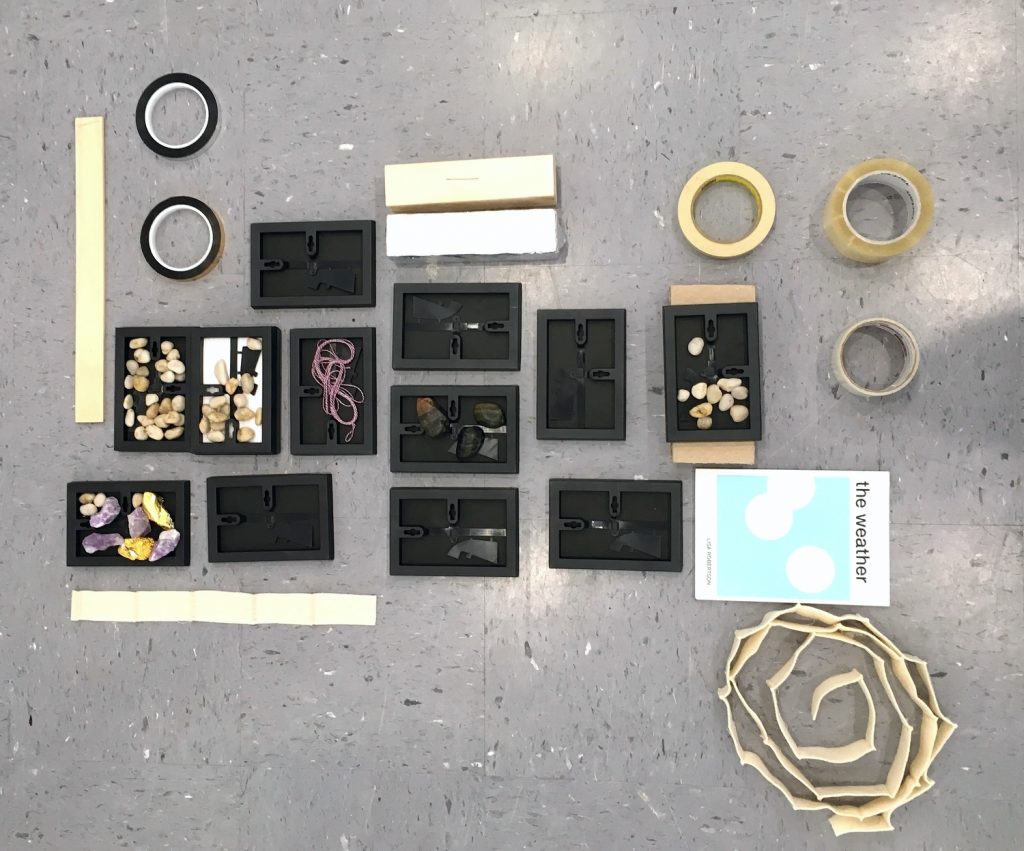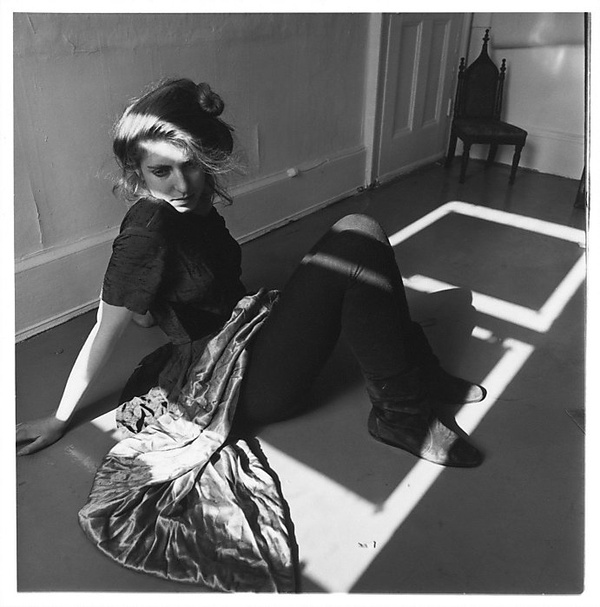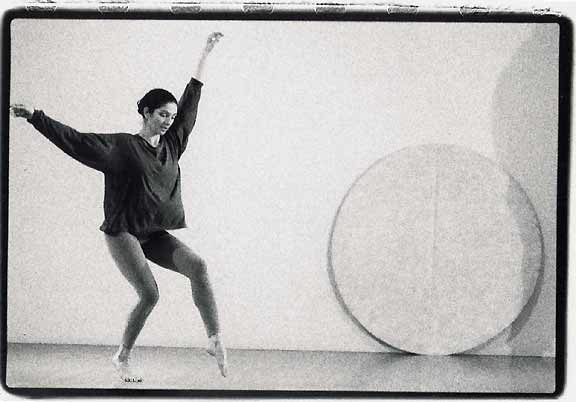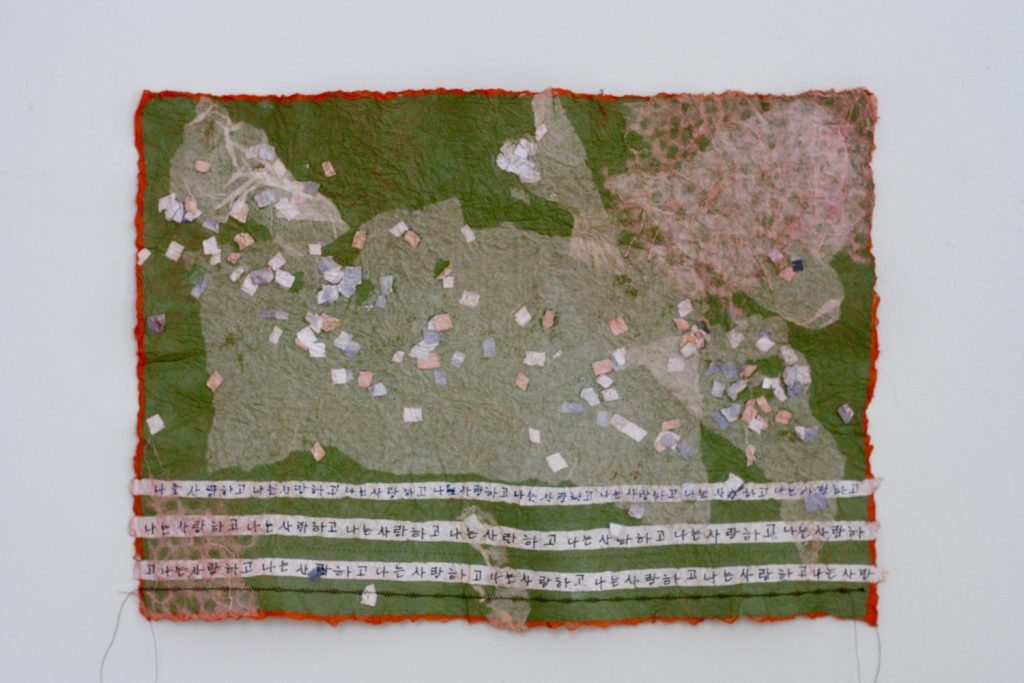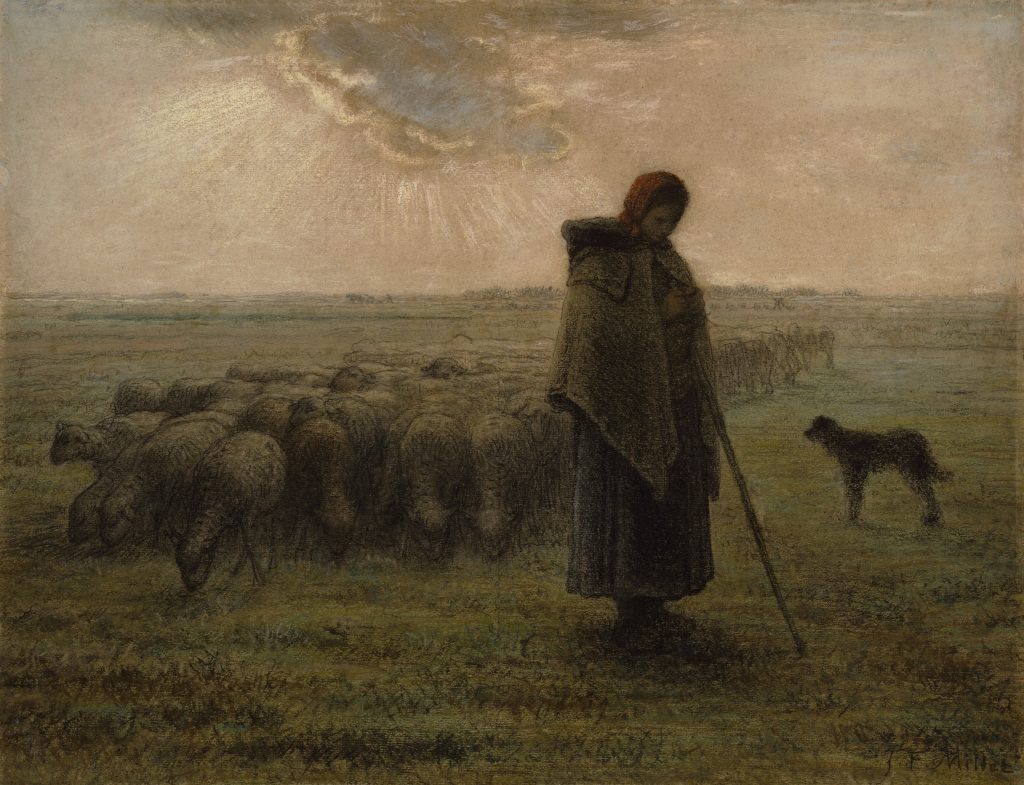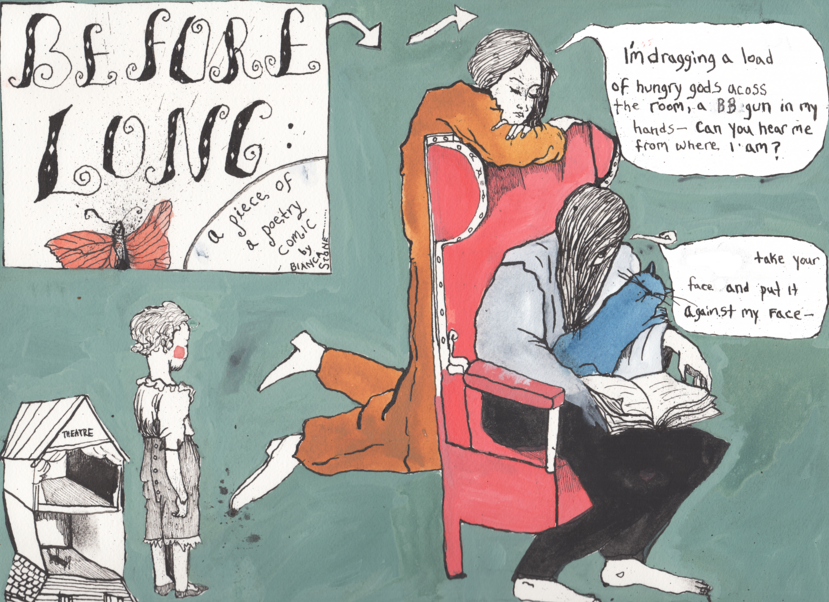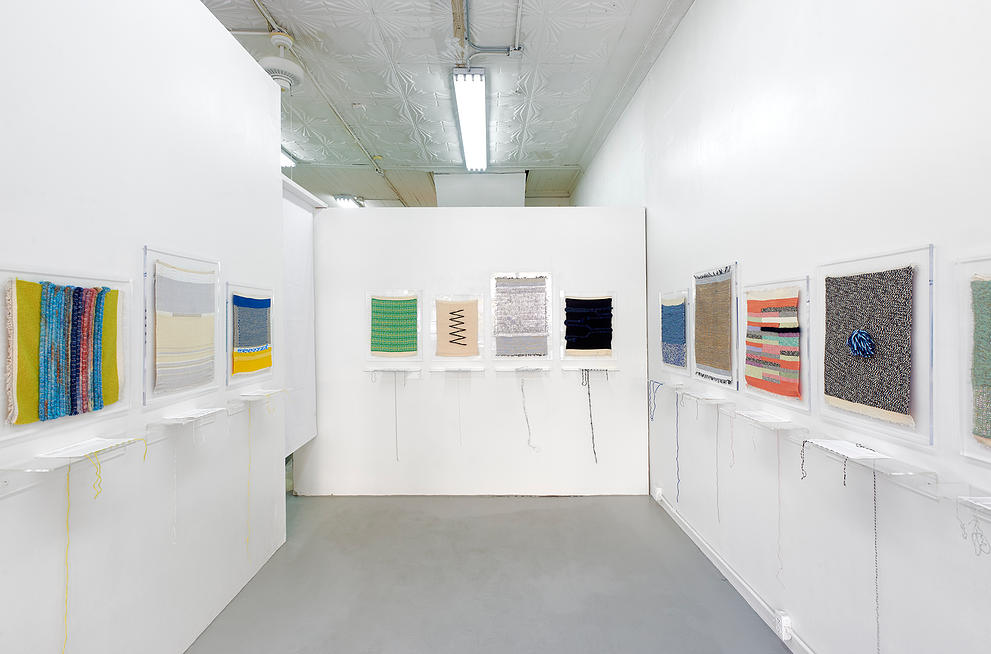“Together and by Ourselves”: An Interview with Alex Dimitrov
“Night Call was such an important and personal project for me. Reading new poems to strangers in their most intimate space, whether that’s their bedroom or their living room or their kitchen.”
“Together and by Ourselves”: An Interview with Alex Dimitrov Read More »

